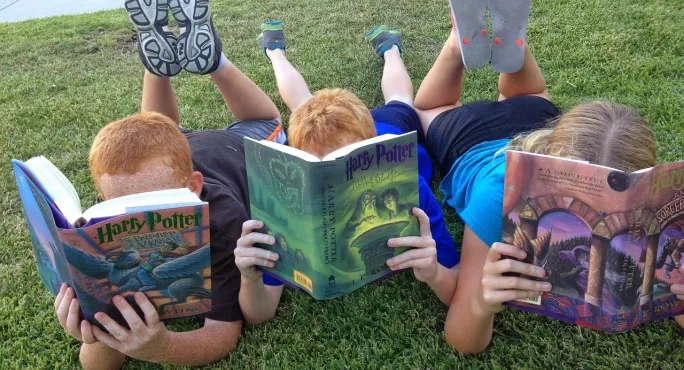Children’s charities are developing a new way to measure success in reading, because they say the current tests fail to take into account whether children actually enjoy the activity and are motivated to do it.
The Read On. Get On campaign, a coalition of charities including Save the Children and the National Literacy Trust, aims to ensure that every child leaves primary school reading well by 2025.
But it says that the definition of “reading well” and how to assess it, is contested, with the new tougher Sats in primary school creating “confusion” over how well children are reading.
When the campaign was launched in 2014, it defined “reading well” as reaching the national curriculum level 4b.
But the system of levels has now ended and a new assessment scheme has been introduced. Under the new arrangements, just 66 per cent of pupils are reading at the expected level for their age.
The campaign has now launched its new strategy with 10 priorities to help it reach its goal.
Its report says that the sector must work together to move away from a definition of reading well as only the mastering of decoding and comprehension skills - and put more focus on motivation, enjoyment of books and engagement with language and stories.
‘Enjoyment drives core skills of reading’
“There is ample evidence to demonstrate that enjoyment drives the core skills of reading,” it says.
“We believe that a wider definition of ‘reading well’ is required if we are to make a substantive long-term change to children’s reading.”
It adds that the coalition will campaign for and support the development of a series of measures to help ascertain a child’s motivation, enjoyment and engagement.
Malorie Blackman, the children’s author and former Children’s Laureate, said: “The benefits of reading for enjoyment are boundless for children; not only can it help to improve vocabularies and fuel imaginations, but it can also help children to do well at school in all areas and give them the building blocks to succeed in life.
“With a wide range of stories and reading materials now available to children, we must value all forms of reading and encourage children to read whatever takes their fancy.”
Jonathan Douglas, director of the National Literacy Trust, said: “Our research shows the significant impact that reading enjoyment can have on attainment. The vital teaching of phonics and comprehension in schools must be complemented by approaches that help every child to develop a love of reading.”
The government has announced it will be carrying out a review of primary assessment following the chaotic introduction of the new Sats this year.
A Department for Education spokesperson said:
“Every child, no matter what their background, should read widely and read well. It is a key part of their education, and ultimately helps them reach their full potential. That’s why we’ve strengthened the curriculum to focus on developing their reading and writing skills, and teaching phonics helps children acquire the basic building blocks of reading.”
Want to keep up with the latest education news and opinion? Follow TES on Twitter and like TES on Facebook




